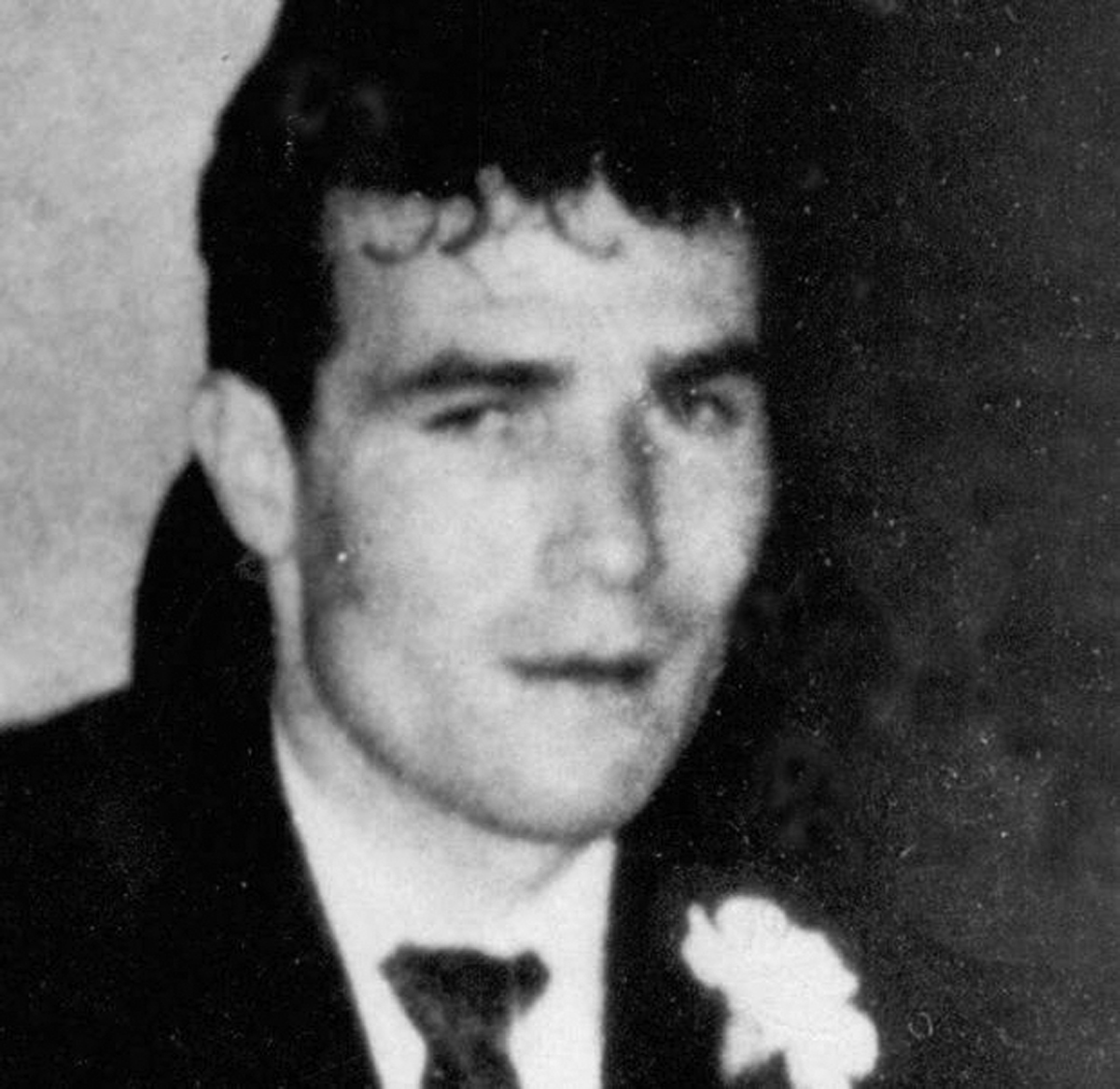THE High Court is to hear a civil action brought against the Ministry of Defence and the Chief Constable of the PSNI by the widow a man who was shot dead by the British Army in Ardoyne.
On February 5, 1971, Bernard Watt had been socialising in the Ardoyne area. At approximately 11pm a crowd of men had gathered at the junction of Crumlin Road and Butler Street. Soldiers from the Flax Street army base were attempting to disperse them.
Mr Watt and his friend left the club where they had been drinking and joined the crowd at the junction. Soldiers then fired shots and Mr Watt was killed.
The soldiers involved in the shooting dead of Bernard Watt – named at the original inquest as A, B, C and D – have never been traced. The version of events presented by them to the Royal Military Police shortly after the shooting, was that they had opened fire on a man carrying an oblong, metal object which he appeared to be about to throw.
Soldier B said that after the soldiers fired, the object fell from the man’s hands and exploded. He alleged that the man then fell downwards and was thrown six or seven feet by the explosion. This version of events was not supported by any of the civilian witnesses present or by any forensic evidence.
The original inquest took place on July 1, 1971, however, none of the soldiers involved attended to give evidence at the hearing. At the time, the Assistant State Pathologist’s deposition to the inquest included the opinion that “the wounds would be consistent with the gun being fired at a man throwing something towards the gun”.
An open verdict was returned at the inquest and no-one was ever interviewed or charged in relation to the killing.
A fresh inquest was directed by the Attorney General following submissions made by the families legal representatives. It was presided over by Mr Joseph McCrisken, Coroner, in 2017.
The inquest heard evidence from Professor Crane, former State Pathologist for the North of Ireland. He found that Bernard Watt had died from a gunshot wound to the chest caused by a high velocity bullet. It was also his opinion that there was no pathological evidence to support the contention that Mr Watt was throwing any sort of explosive device when he was shot.
Next week, from Tuesday 18 June to Thursday 20th June, the High Court will hear a civil action brought by Mr Watt’s widow, Teresa Watt, against the Ministry of Defence and Chief Constable of the PSNI. The civil action seeks to recover damages stemming from the unlawful killing of Mr Watt by Military Personnel and the subsequent flawed investigation by the police.
Speaking ahead of the hearing Eoin Murphy of Ó Muirigh Solicitors said: “This hearing represents a momentous step forward by the Watt family in their continued search for Justice.
“Coroner McCrisken found that the force used by military personnel was not justified. This litigation now seeks to move this one step further, by apportioning liability and damages for the unlawful killing on those who, to date, have failed to acknowledge or accept their actions on that day were wrong.
“This is a case which will undoubtedly have ramifications for similar legacy actions to follow and it is hoped that the court will investigate the issues with an intense level of scrutiny and arrive at the correct decision.”






